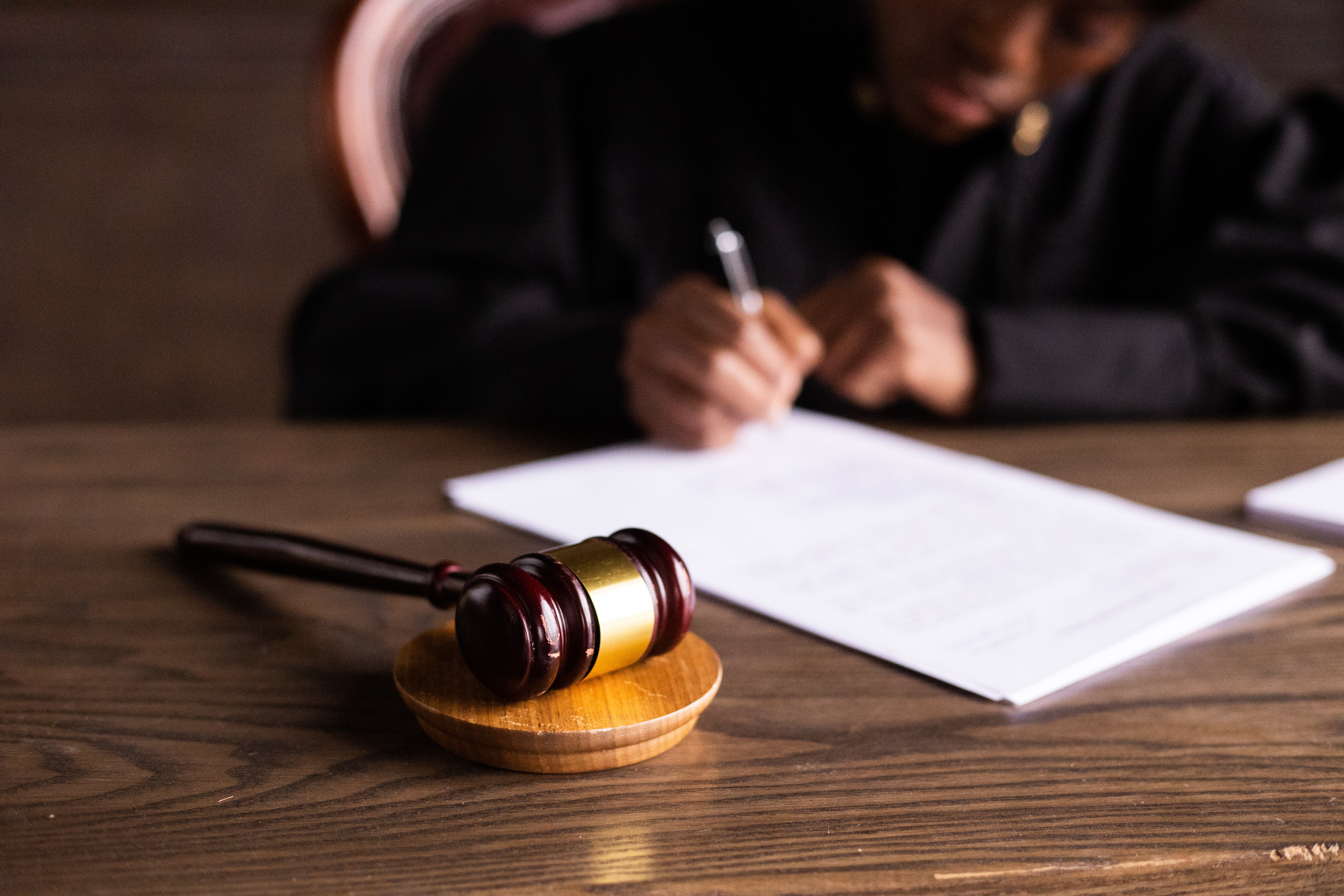

Sponsored Ads

Sponsored Ads

Personal Injury Law
In a perfect world, if you suffered an accident due to someone else’s negligence, you will receive fair compensation from the at-fault party’s insurance company. But, unfortunately, we are not living in a perfect world, are we? So, a person has to go through the law to get the compensation they deserve.
Personal injury law is where a person turns to when they are denied justice. An insurance company’s ultimate goal is to generate profit which can be done by holding the client’s money as long as they can. Since the insurance company wants to generate profit so they will not be willing to pay the deserved amount to the victim.
Being a victim of an accident is hard as it is. On top of that, if the insurance denies you the money you deserve, it will be gut-wrenching. The point of personal injury law is to prevent that.
Proving Negligence in a Personal Injury Case
Winning a personal injury case is not an easy task. When you file a personal injury case, you become the plaintiff, and the opposition becomes the defendant. In a personal injury case, the plaintiff bears the burden of truth. Meaning the plaintiff has to prove that the defendant is at-fault for the accident. If the plaintiff fails to prove that, they will not receive any compensation.
A personal injury case will have 4 elements that a plaintiff needs to prove. The four elements of a personal injury case are:
- Duty of Care
- Breach of Duty
- Causation
- Damages
- Duty of Care
The first thing a plaintiff needs to prove is the duty of care. The plaintiff must prove that the defendant owed a duty of care to the plaintiff. On the road, every driver owes a duty of care to other drivers. The same goes for all types of accidents. The defendant must have owed a duty of care to the plaintiff.
Breach of Duty
The next thing the plaintiff has to prove is the breach of duty. The plaintiff has to prove that the defendant breached the duty of care he owed to the plaintiff. In simpler terms, the plaintiff must prove that the defendant acted negligently. In addition, this negligence must be the reason for the accident, and the plaintiff needs to prove that too.
Causation
Causation is the next thing a plaintiff needs to prove to win the case. The plaintiff needs to prove that they suffered damages and that the accident caused by the defendant is the reason for those damages. The plaintiff can not claim compensation for the injuries they suffered before the accident. The injuries must be suffered from the accident.
Damages
The final step in winning a personal injury case is to prove the damages. In an accident, the victim will be suffered from medical expenses and other expenses. The other expenses are the economic losses the plaintiff suffered. The plaintiff must prove that they suffered economic losses due to the defendant’s negligent act.
Importance of Proving the 4 Elements
As the plaintiff bears the burden of truth, if they fail to prove the 4 elements, they will lose the case. In addition, they can not accept the insurance company’s first offer too. So, the victim of the accident will not only suffer from the accident but also will not receive any kind of reparation for the accident.
In addition, if the plaintiff proves the negligence of the defendant but fails to show all the damages, then the plaintiff will only receive compensation for the damages they showed/proved. So, the plaintiff must include all the damages they incurred.
Wrapping Up
Accidents can happen to anyone. You need to be prepared for such misfortunes. For your assistance, you can hire a personal injury lawyer. They will fight for you to get you the maximum compensation. Recording your medical expenses and other expenses since the accident can be very helpful while claiming compensation. When claiming compensation, the plaintiff must aim for the right amount. To do that, the plaintiff must know all the losses they incurred. Only then can they claim the right amount. A lawyer can help you with all this, but knowing about the law can always help you in sticky situations. Follow Legal Analysis to learn more cool stuff about the law.
Sponsored Ads

Sponsored Ads

